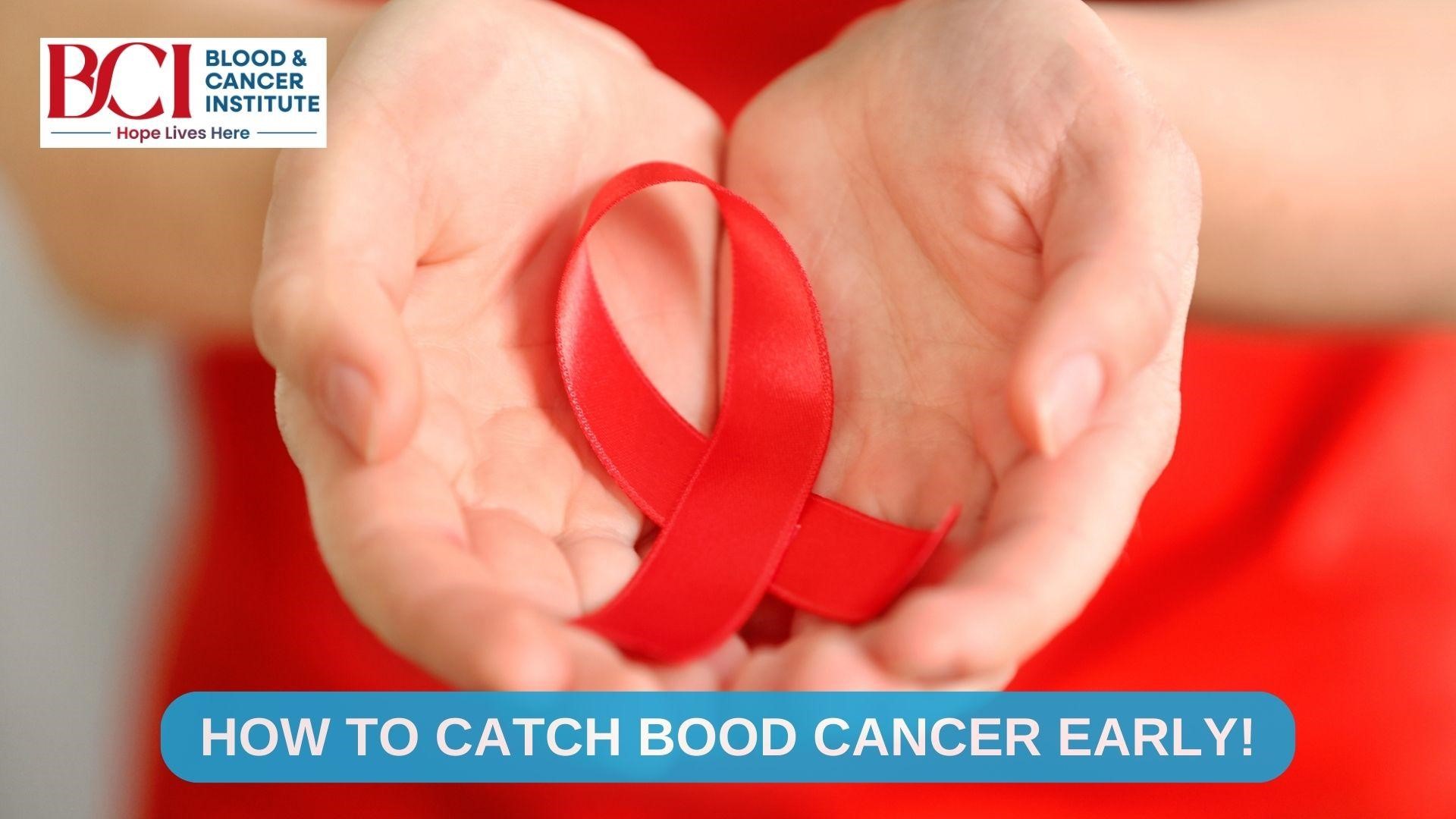
- By : BCI
- Blog
- Comments: 0
How To Catch Blood Cancer Early: Signs and Symptoms Explained By The Best Blood Cancer Specialist In Surat That You Shouldn’t Ignore!
Blood cancer, or hematologic cancer, affects the production and function of blood cells. The three main types are leukaemia, lymphoma, and myeloma. Each has unique characteristics, but they all share common early signs and symptoms. Recognizing these signs early can lead to timely diagnosis and treatment, improving outcomes significantly. Experts from Blood and Cancer Institute, our cancer hospital that has some of the best cancer specialists in Surat, share the early signs and symptoms of blood cancer you shouldn’t ignore.
Unexplained Fatigue and Weakness
Fatigue is a common symptom of many illnesses, but when it becomes persistent and unexplained, it could indicate blood cancer. This type of fatigue doesn’t go away with rest and is often accompanied by a feeling of weakness. Blood cancers can cause anaemia, which reduces the number of red blood cells that carry oxygen, leading to chronic fatigue.
Frequent Infections
Our cancer specialists in Surat at BCI- Blood and Cancer Institute, warn that if you find yourself constantly battling infections, it could be a sign of blood cancer. Blood cancers can impair the immune system, making it harder for the body to fight off infections. This is particularly true for leukaemia and lymphoma, which directly affect white blood cells. Watch for recurring infections, especially if they seem unusually severe or take longer to resolve than usual.
Unexplained Weight Loss
Sudden and unexplained weight loss can be a red flag for blood cancer. This type of weight loss is not due to changes in diet or exercise and is often significant, exceeding 10% of your body weight within six months. The body uses a lot of energy fighting cancer, which can lead to rapid weight loss.
Swollen Lymph Nodes
Swollen lymph nodes, particularly in the neck, armpits, or groin, can indicate lymphoma or leukaemia. Lymph nodes can swell when the body is fighting an infection, but persistent swelling without an obvious cause warrants a medical evaluation. Hemato-oncologist from Blood and Cancer Institute, a blood cancer hospital in Surat, say that swollen lymph nodes from blood cancer are typically painless and may feel rubbery or firm to the touch.
Easy Bruising and Bleeding
Blood cancers can affect the blood’s ability to clot properly, leading to easy bruising and bleeding. You might notice frequent nosebleeds, bleeding gums, or small red spots on the skin (petechiae). Additionally, you may bruise easily from minor bumps or injuries. These symptoms occur because blood cancers can reduce the number of platelets, which are essential for clotting. Seeking blood cancer treatment in Surat promptly is necessary for a favourable prognosis.
Bone and Joint Pain
Persistent pain in the bones or joints can be an early sign of blood cancer, particularly leukaemia. The cancerous cells can accumulate in these areas, causing pain and discomfort. This pain is usually persistent and not related to physical activity or injury. If you experience unexplained bone or joint pain, it’s important to consult a hemato-oncologist in Surat.
Night Sweats
Night sweats that drench your clothing and sheets, especially if they occur without an obvious reason like a warm bedroom or heavy blankets, can be a symptom of blood cancer. These sweats are often intense and may be accompanied by fever or chills. While night sweats can occur with various conditions, their presence along with other symptoms listed here should prompt a medical evaluation.
Shortness of Breath
Feeling short of breath, especially during everyday activities, can be a symptom of blood cancer. This may occur due to anaemia, which limits the oxygen supply to the body’s tissues. Additionally, blood cancers can cause fluid buildup around the lungs, further contributing to breathing difficulties. If you notice new or worsening shortness of breath, it’s important to seek medical attention.
Abdominal Discomfort or Swelling
Some blood cancers can cause the spleen or liver to enlarge, leading to abdominal discomfort or swelling. You might feel a sense of fullness or pain in the upper left side of the abdomen, even if you haven’t eaten much. An enlarged spleen or liver can also press on other organs, causing a feeling of bloating or distention.
Persistent Fevers
Frequent or persistent fevers without a clear cause can be a sign of blood cancer. These fevers may come and go and are often low-grade. Blood cancers can interfere with the body’s ability to regulate its temperature, leading to chronic fevers. If you experience recurrent fevers along with other symptoms, it’s crucial to consult a healthcare provider.
Skin Changes
According to our Blood Cancer cancer specialist in Surat at BCI- Blood and Cancer Institute, blood cancers can cause various skin changes, such as rashes, itchiness, or pale skin. These changes result from the body’s altered immune response and reduced red blood cell count. If you notice any unusual skin symptoms, particularly if they persist or worsen, it’s important to seek medical advice.
Conclusion
Recognizing the early signs and symptoms of blood cancer can make a significant difference in outcomes. Persistent fatigue, frequent infections, unexplained weight loss, swollen lymph nodes, easy bruising, bone and joint pain, night sweats, shortness of breath, abdominal discomfort, persistent fevers, and skin changes should not be ignored. If you experience any of these symptoms, consult a healthcare provider promptly. Early detection and leukaemia treatment in Surat can improve prognosis and quality of life for those affected by blood cancer. Stay vigilant and proactive about your health, and encourage others to do the same.
